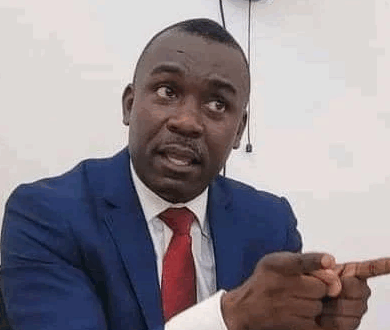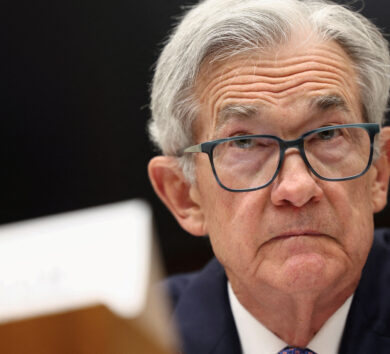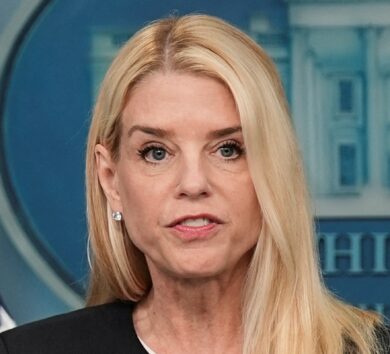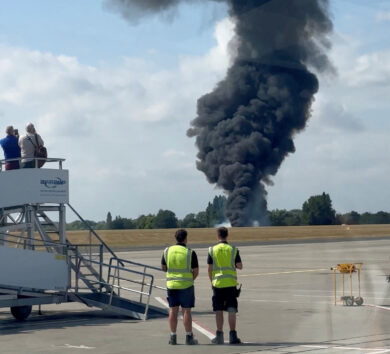

Prime Minister Andrew Holness says the Government is placing focus on disaster risk financing to strengthen the country’s financial capacity to respond to and recover from disasters.
He noted that his Administration developed a National Natural Disaster Risk Financing Policy that will provide financial assistance to respond to natural disasters.
“For the first time, we have created buffers within our budget so that we are able to respond to natural disasters. Our response to the COVID-19 was very quick, very effective, and we were able to recover very quickly and much stronger than we were before because we had financial buffers… so we did not have to borrow…This was such a fundamental change in how the Jamaican economy responded. Jamaica today is a much stronger Jamaica than it was a decade ago,” he added.
The Prime Minister was addressing a National Disaster Risk Management Council Meeting on Thursday (June 1) at the Spanish Court Hotel in New Kingston.

He noted that in 2021, Jamaica became the first country in the Caribbean and the first Small Island Developing State to sponsor a Catastrophe Bond, which provides protection against losses from named storms for three Atlantic tropical cyclone seasons, ending in December 2023.
“In the event of an event that qualifies for payout, Jamaica would be protected up to US$185 million in rapid response in terms of financing,” he pointed out.
Highlighting other measures to build the country’s resilience against disasters, the Prime Minister cited the existence of a strong and effective legislative framework, which ensures that the various leaders of the disaster response are clear on their roles, responsibilities and duties.
“We do have a very well-structured legislative framework to manage disasters, and in fact, our gathering here is as a result of the requirement in our legislation,” he said.
The Prime Minister further noted the importance of careful planning to coordinate the use of resources, both human and physical, and for saving and sustaining life and to protect property and infrastructure.
“The risk of disaster to a small, developing country, particularly a small island developing State, is far more significant in its disruptive nature than it is to larger countries, so the lesson from that is we need to take planning for natural disasters far more seriously because the impact to us is existential,” he said.







Comments